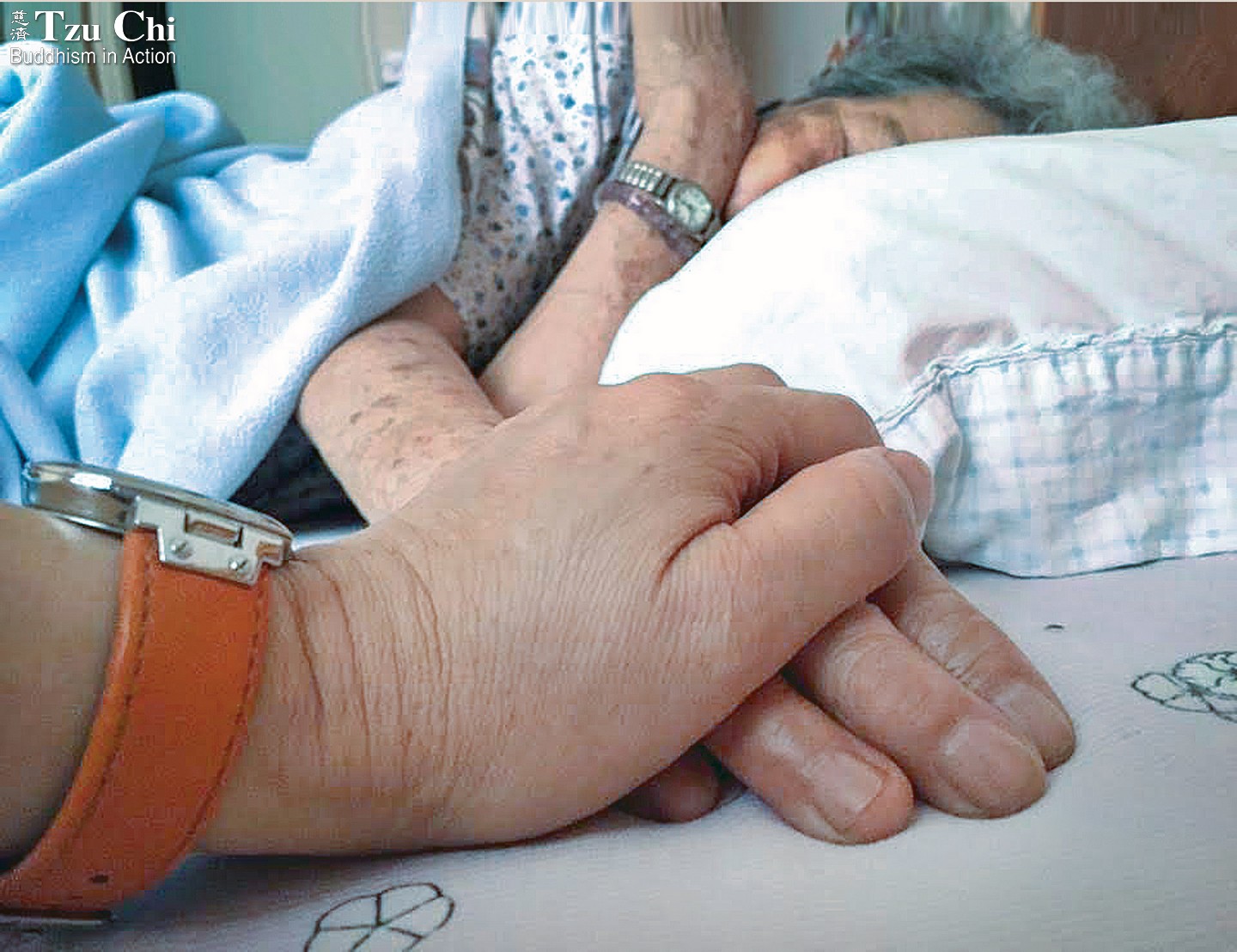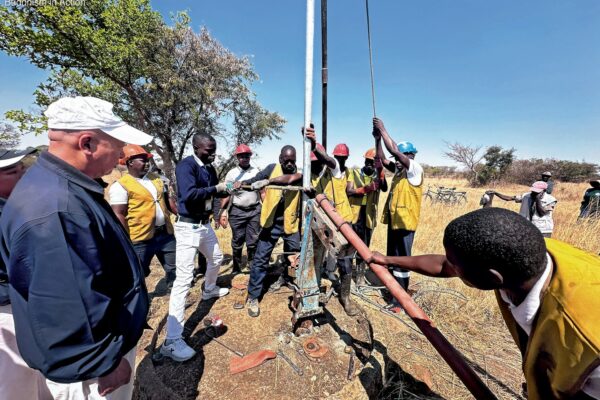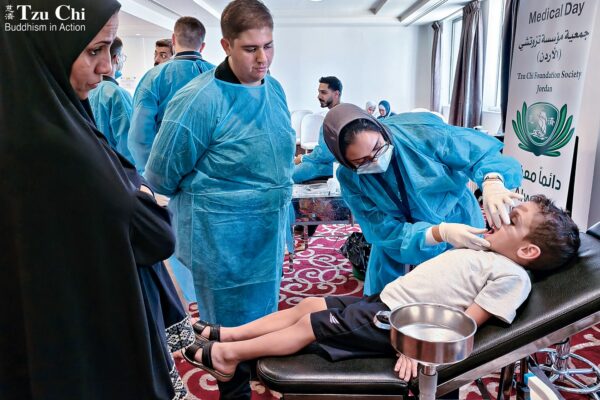Text and photo by Liao Ming-yu
Translated by Wu Hsiao-ting
My parents fell ill one after the other, starting 20 years ago. In the process of caring for them, I learned how to age in peace, how to communicate with other family members about providing better care for our loved ones, and how to make difficult choices of life and death.

As people age, their bodies gradually weaken, and they eventually lose the ability to care for themselves. They are like withered leaves on a tree, swaying this way and that with the wind, barely hanging on to the branches.
Many people make plans for their lives, but how many have associated their old age with withered leaves? And how many have thought about the possibility they will need to become guardians of those leaves?
My parents fell ill, one after the other, beginning 20 years ago. Though I was totally unprepared, I became their main care provider. My father had a fall at 83, rendering him unable to take care of himself. I was an office worker, not yet 40 at the time. My siblings and I applied for the services of a foreign live-in care provider for my father. In the beginning, my parents were firmly against a foreign caretaker moving in, one who didn’t even speak their same language. However, they eventually accepted the arrangement—there just wasn’t a better option. For me, the services provided by these foreign care providers were a godsend. My father passed away ten years after his fall, but by then my mother’s Alzheimer’s had worsened. The foreign caregivers that came into our lives helped me through the darkest and most difficult periods of my life. I cannot overemphasize my gratitude for them.
My mother has lived with Alzheimer’s disease for 14 years now. Alzheimer’s is the most common form of dementia. One’s memory is like a leaf slowly being eaten away by an insect. As the disease progresses, a patient might develop delusions and become increasingly agitated. Their caregivers might as a result be badly affected and become depressed, anxious, and agitated too. The pressure might overwhelm them, making them feel suffocated.
Famed Taiwanese writer Chang Man-chuan (張曼娟) is her parents’ caregiver. She once wrote: “The caregiver of a loved one is like a person trying to deactivate a ticking time bomb while carrying another ticking time bomb on themselves. They don’t necessarily succeed in deactivating the bomb, and when the worst comes to the worst, the bomb they are carrying explodes in the process.” In the process of caring for my parents, I often felt I had been injured so badly by the explosion of the bomb I carried that not a single inch of my skin was intact. Having experienced what I have, I’m always worried for any sole care provider I meet.
There were laughter and tears in my journey as a caregiver, but the tears outweighed the laughter.
On the day my father had the fall—he had fallen by accident into a large ditch—none of us were too alarmed. He seemed okay and had no detectable injuries, so we decided to wait until the next morning to take him to the hospital for examination. We couldn’t have expected that he would experience difficulty breathing that very night. I let him sleep in my arms that night because he said he felt more comfortable half lying like that. When we arrived at the hospital the next morning, his condition had worsened to the point that a lung abscess had developed. Before he was rolled into the intensive care unit, he exerted all his strength to tell me, “I owe you so much. I provided poorly for you—you even had to put yourself through school—and yet all along you’ve been the one looking after me.” Despite what my father said, I never feel he owed me. I feel I owe my dad even more.
Our family used to be very poor. Hard pressed to make a living, my parents would often quarrel over money. After my mother developed Alzheimer’s, she forgot almost everything good about my father—all that she remembered was how badly he had treated her. As a result, she’d often fling abuses at him. Being of limited mobility, my father couldn’t leave home on his own and could thus only quietly endure her abuses. One time, he must have had enough of it because he called me at work to vent. Do you know how I responded? I told him I was very busy and asked him to call my older brother instead. How helpless my father must have felt at that moment. I regretted my response as soon as I hung up. I felt awful for being so unkind to Dad.
Dad departed from the world at 93. In the last few years of his life, he gradually lost all hope. My mom was living with me at my place at the time; Dad lived at our old home, looked after by a foreign care provider. Every morning, I’d take my mother to a daycare center on my way to work. When I got off work, I went to check on Dad to see if he had any needs before I drove to the daycare center to take Mom home.
One day, I was very tired as I was driving home from the daycare center with Mom sitting next to me. To make things worse, Mom was having one of her fits and couldn’t stop throwing insults at me. My temper got the best of me, and with my hands clenched tightly on the steering wheel, I yelled at her: “Why don’t we die together?“ My voice was so loud it drowned out her words. She froze. I was stunned silent too. A thought flashed across my mind: “If I couldn’t carry on anymore, what is Dad to do?”
The older our loved ones get, the more we must help them live with dignity. This is especially true in the case of those who are functionally impaired. No one wants to lose the ability to take care of themselves, let alone lose control over their bodily functions. Being compassionate and thoughtful is the least we can do.
After his fall, my father could still move around on his own, though with a lot of difficulty. Often his bladder or bowels would let go before he reached the bathroom. When that happened, panic would be written all over his face, and he’d look over at me and say with an embarrassed smile, “I’m sorry, I just couldn’t hold it.” I’d step forward and, extending my arms to support him, would respond, “It’s okay. Let me walk you to the bathroom and help you clean up.” Who would have the heart to scold their aged parents for losing control of their bladders or bowels, especially when we think of how they used to take care of us when we were young, changing our diapers and cleaning up any mess we made without a word of complaint?
Compared with my dad, I have felt even more for my mom. People with Alzheimer’s gradually lose all ability to care for themselves and even to communicate their thoughts. My mother is 14 years into her dementia now. She can no longer verbally express herself. But I have not given up trying to engage her in conversation. When she occasionally responds lucidly, it’s enough to make me happy for a long time.
Because Mom’s chewing ability has also degenerated, her food has to be ground into a paste. Once when I was fixing dinner for her, she waddled clumsily back and forth near me, talking gibberish. I thought she just wanted to chat, so I didn’t pay her much mind. Later, when I went to her room to check on her, I found her badly flustered. Her body, the walls, the sides of her bed, and where she had walked were smeared with her feces. I tried to calm her down before taking her to the bathroom to clean her up. Only when I was done washing her and cleaning up everything else did I feed her dinner.
Later that night, when all was quiet, I thought of the look of panic and agitation on Mom’s face. I couldn’t hold back and burst out crying. Mom had always been such a neatnik—what a state she must have been in when her body and surroundings were covered in her waste. I felt terrible. I couldn’t help but blame myself for not having been more alert when she had needed me the most.
Mom is 96 this year. People tend to think that a long life is a blessing. But since she was diagnosed with Alzheimer’s more than 10 years ago, her husband, eldest son, and youngest son have passed away. She hasn’t grieved their passing; even worse, she has been completely unaware of their deaths. Her body, aged and wizened now, seems to be protesting silently about the unfairness of life, about why, after a lifetime of toil, she has to endure the ravages of illness.
Writing and photographing as healing
All the difficulties I have encountered over the years as a caregiver have helped me learn and grow. In the process of caring for my parents, I’ve learned how better to age in peace, how to communicate with other family members about providing better care for our loved ones, and how to make difficult decisions of life and death. What’s more, if I hadn’t become my parents’ caregiver, I wouldn’t have encountered Tzu Chi volunteers in a hospital, obtained their help and support, and come to know Tzu Chi better.
The idea of giving up my volunteer work has never occurred to me, no matter how tired I am. Whenever my time allows and there is Tzu Chi work to do, I volunteer. A friend asked me, “Why do you still volunteer when you are already so tired?” I told her I appreciate every opportunity to serve because volunteering helps me adjust my mood.
I often help document Tzu Chi events or write about our volunteers’ stories. I enjoy holding a camera in my hand, looking through the viewfinder, and working on how to take a picture that will speak to people. I’m not good at photography, but I have done my best to learn. When I focus on taking photos, I forget about all my pressure and worries. I laugh with everyone, and cry when moving things happen. It’s a most amazing feeling. The world is so beautiful in those moments, and I tell myself: “You’ll get better and better.”
Every time I write about a volunteer’s story after interviewing him or her, I experience their life one more time; I share in their joys and sorrows. I’m not highly educated, but I put in a lot of effort learning how to make a story vivid and engaging while keeping to the truth. I thank the volunteers who offer up their stories to me; their stories have enriched my life and made me a better person. Serving as a volunteer writer has also helped me form many good affinities. The volunteers I’ve written about often send me their regards and express their care and concern for me. I deeply cherish such warm-heartedness.
Having devoted a good part of my life to caring for my loved ones, I am now no longer the only person in my family providing for and caring for my mother. My financial burden is now shared by my family. The COVID-19 pandemic has resulted in a shortage of foreign home care workers in Taiwan. Without a helper to look after my mom while I work, I’ve temporarily entrusted her to the care of a nursing home. But I look forward to taking her home to live with me.
Truth be told, the last 20 years was a difficult time for me. Even so, I cared for my parents willingly because I know how indebted I am to them for raising me. I took care of them not out of a sense of duty, but out of my love for them and a profound sense of gratitude.



